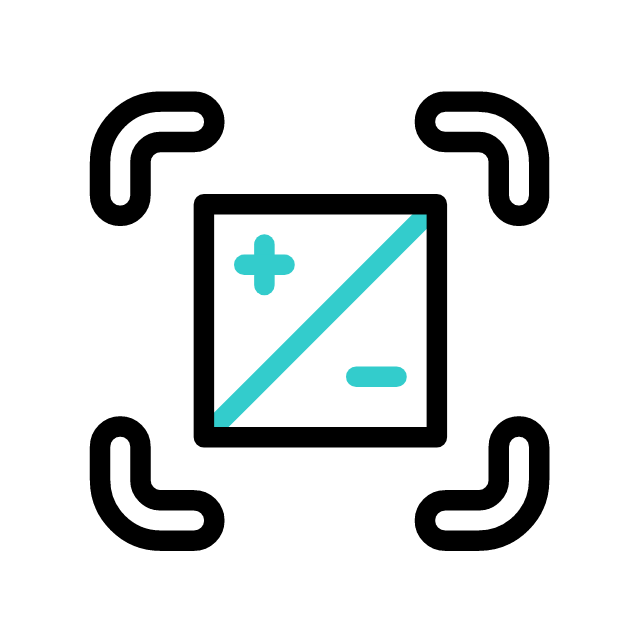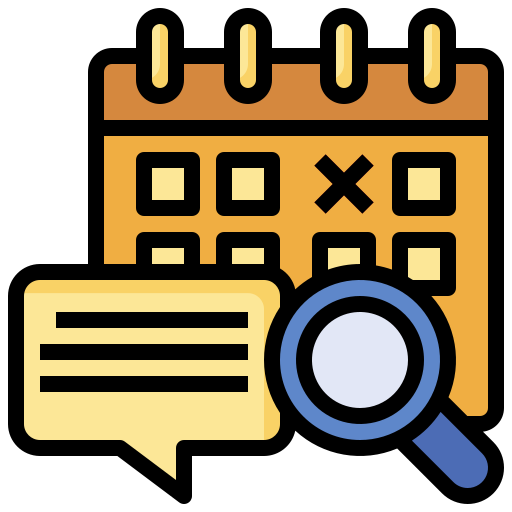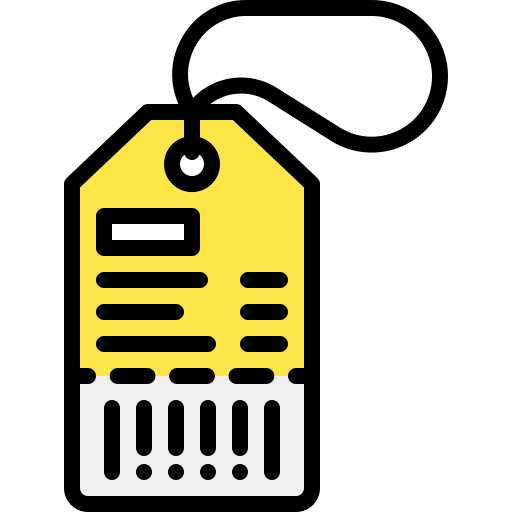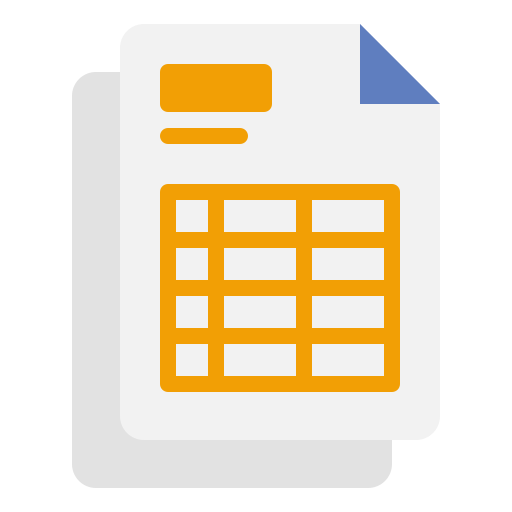This AI System Slapped Me in the Face (and I Needed It)
It definitely changed my life forever.
I’ll repeat it because it’s true: my mind was my enemy.
I was forgetting things, repeating the same task, and wasting time scrolling through endless notes, emails, and bookmarks. I thought I was “busy,” but I was simply lost.
Then, a small system I made in Notion hit me in the face. And somehow, I needed that slap.
This is my honest confession of how I finally learnt to save and use the information that mattered in a chaotic, imperfect way.
This is what happened.
I was sitting at my desk with five tabs open, and my coffee had gone cold. I needed a simple instruction that I had saved a week ago. A little bit of something. Something I knew I had “somewhere.”
I looked at the screenshots on my phone. Nothing. I looked through my email. Nope. I looked through three different note-taking apps—still nothing.
After forty-five minutes, I had wasted more time looking for that one thing than it would have taken to start the whole task over again.
At that point, I knew this was dumb. I can’t keep living like this. I wasn’t being lazy. I wasn’t stupid. I just wasn’t organized.
And to make things worse, I was lying to myself. I kept telling myself, “I’ll remember this,” but I never did.
That night, I vowed to myself that I would make something better.
The Capture Button That Saved Me
Making a button was the first big step forward. Only one dumb button.
I created a button labeled “New Prompt” within Notion. I punched that button like it was my life raft every time I found something useful.
Click. Page new. Put the object in place. Finished. It didn’t stop me from working. It didn’t make me overthink. It just caught it so that I could come back later.
I got everything in the first week I used it:
A newsletter with a step-by-step guide.
I saw a funny way to write that on Twitter.
An email with a clever data formula.
Even quotes that I didn’t want to forget.
Without this button, I would have lost those items to the void. But now they were safe.
It felt like putting money in a wallet instead of letting it loose in your pockets.
The Weekly Review (also known as Flossing for the Brain)
But let’s be honest: putting things into a database is easy. What are you doing with it? That’s where most folks stop. I hated it at first.
On Sunday nights, I would settle down and open my database. I’d look through all the stuff I had saved that week. Some of it was good. A lot of it was junk.
It hurt strangely to delete things I used to think were brilliant. Like saying I spent my own time.
But after a few weeks, I saw something. That “flossing” practice got rid of the garbage. The database got smaller. Only the strongest things lived.
And when I needed anything crucial, it was right there for me.
Organizing Without Being a Nerd
I don’t color-code my calendars or label every jar in the kitchen. I can hardly fold laundry. So I made my categories simple when I set them up:
Writing, business, analysis, research, and other uses
Text, image, and video are all formats.
App: Only if it works with a specific tool.
Date Added / Last Edited: This feature prioritizes the most recent items to the top.
That’s all. No rainbow tags. No endless groups.
But this small structure was all that was needed. I could suddenly filter my database in seconds and find what I was looking for.
The Power of Views
Making various “views” for different areas of my life was one of the smartest things I've ever done.
Think of them as glasses. When you put on a pair, you can only view personal things. Put on a different pair of glasses and see business.
This is what I made:
My opinion: for writing in a journal, doing hobbies, and trying new things.
Business View: for making money and doing freelance work.
Workplace View: for my real job from 9 to 5.
All View: to see everything at once.
It felt like I was moving between rooms in my house, switching between them. Same furniture, but arranged differently.
Inbox and Essentials: My Two Lifelines
I built two special views named Inbox and Essentials, which changed the game.
The inbox is a messy place to land. This is where everything new and untested goes.
Essentials are my best songs, the ones I always go back to.
The workflow became simple:
Capture → Inbox → Review → Essentials (if it proved helpful).
This is the part that made the complete system last. I didn’t drown in rubbish; instead, there was a steady flow where only the best made it.
The Spreadsheet Nightmare: A Real-Life Example
Let me tell you how this helped me out.
I had to look at a messy spreadsheet for a customer at work. I’d usually freak out and spend half the day trying to figure things out. But a week ago, I saved a step-by-step guide I got in an email. I searched for “data analysis” in my database, and there it was. Not only that, but I had already improved it during my review. I had written things like “works best with CSV files” and “tested in Claude.”
So when it was time to get things done, I didn’t spend hours. I duplicated my improved approach, ran it, and sent in the report.
My boss assumed I was a wizard of some type. What is the truth? I recently finished getting my database ready.
Duplicating and Tweaking
Here’s another modest but practical habit: I never write over what I’ve already written. Before I test something and change it, I copy it first. That way, I always keep the original version safe in a folder labeled “Previous Iterations.”
Why?
Because occasionally my changes don’t work. And it’s nice to know I can go back.
It’s like saving old copies of a recipe. You might not make Grandma’s cookies the same way every time, but you don’t want to lose the recipe.
Putting Similar Things Together
I realized I had several things that were like siblings—one for creating catchy names and another for coming up with domain names. I consolidated them into a single page called “Naming Tools” to avoid taking up space in the database as individual pages.
That made things neater. And I know just where to go when I need to come up with names.
External Libraries: Work by Other People
When I was stuck or didn’t know what to do, I would look at public collections that other people had posted online.
I would sometimes find gold. It was trash sometimes. But if I found something I wanted to save, I’d add it to my system.
This way, I didn’t have to spend hours searching the internet; I had a library that was tailored to my needs.
Archiving the Old Stuff
Here’s something important: not everything should live forever.
Some things get old. Some of them quit working. Some of them are no longer usable. I made an Archive instead of destroying them. When I change the type of an item to “Archived,” it disappears from my main views but remains safe in the background.
It’s like having vintage yearbooks. You don’t look at them every day, but it’s great to know they’re there.
How This Affected My Life?
You could be thinking, “Okay, but it’s just a database.” Who cares?
But the truth is that it changed not only how I do my job. It made me feel different.
I’m not as worried anymore. Because I know I won’t lose anything vital.
I feel more at ease because my brain doesn’t have to remember everything.
I feel like I’m moving faster because I can find things in a matter of seconds.
I feel less heavy because I don’t waste time on useless things.
The secret gift wasn’t just being productive. It was calm. Building the system wasn’t the hard part. I realized how much I had been lying to myself earlier. I used to believe I was neat. I thought I could “just remember.”
But my brain was leaking. My habits were not good. My systems weren’t working. It seemed like I was going to fail. But once I addressed it, I could finally make things right. This method woke me up—my face slap.
And I’m thankful for it.
Final Thoughts: Make Your Slap
If you’re sick of having too many notes, bookmarks, and screenshots, I want you to hear me clearly:
You are not the problem. The issue is that you don’t have a system. You don’t need to be stronger. You don’t need another app. You need a way to collect, examine, and organize your belongings that you can use repeatedly.
Mine just happens to be in Notion. Yours might be anywhere.
The most important thing is that you stop lying to yourself. Stop acting like you’ll “remember later.” You won’t. Make a system—even a basic one.
Sometimes, the best thing in life is to get punched in the face by your bad habits and eventually wake up.







